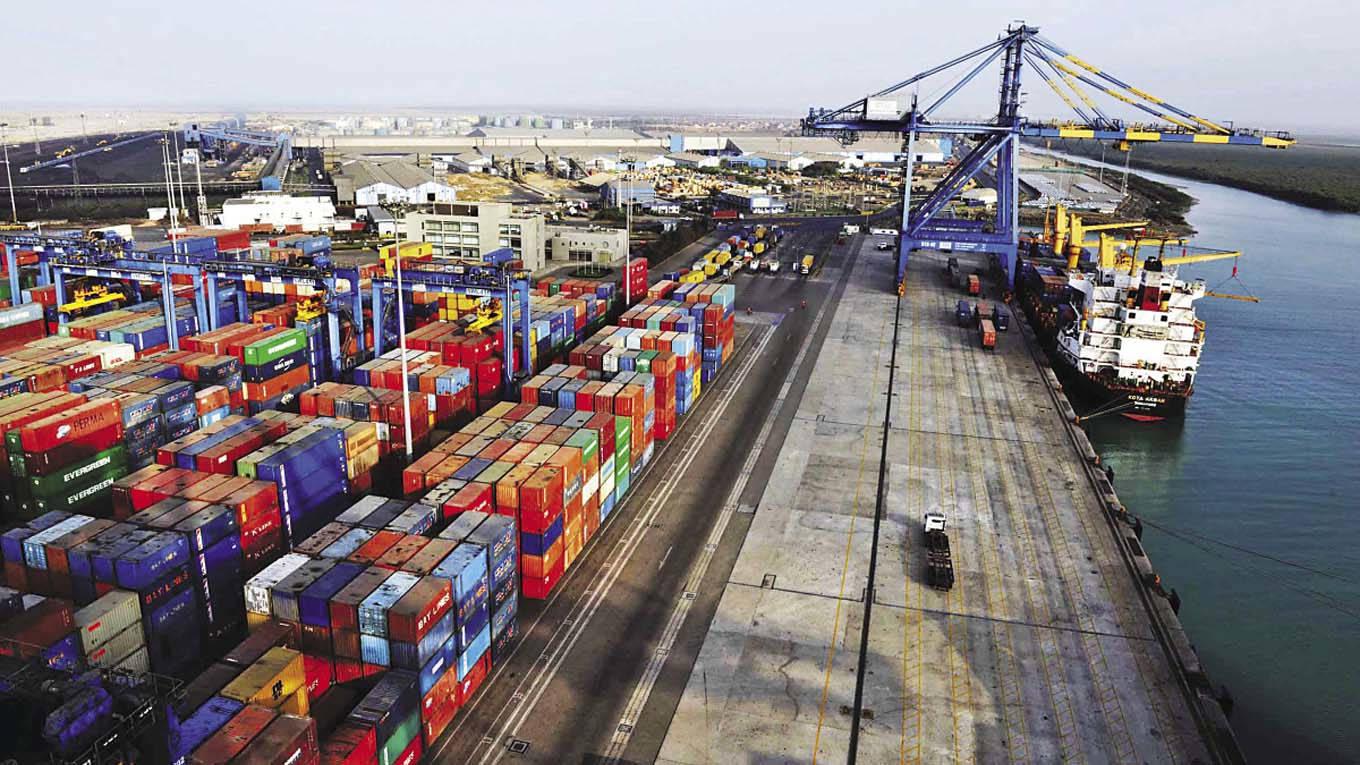On 23 September 2020, the Lok Sabha passed the Major Port Authorities Bill 2020, which sought to provide autonomy to India’s 12 major ports and improve their efficiency and competitiveness. This bill seeks to replace the Major Port Act 1963. and provides for the creation of a Board of Major Port Authority for each major port, which will replace the existing port trusts. In terms of volume, about 70 per cent of the cargo movement in India is through ports (which measures up to 90 per cent in value terms). The Major Port Authorities Bill 2020 was the last bill approved by the Lok Sabha before it adjourned sine die recently. The bill will apply to all major Indian ports (such as Chennai, Kochi, Jawaharlal Nehru Port near Mumbai, Kandla, Kolkata, Mumbai, New Mangaluru, Mormugao, Paradip, VO Chidambaranar, and Visakhapatnam). These together had handled 699.04 million tonnes of cargo during 2018-19. The bill aims to provide for regulation, operation and planning of major ports in India and vests the administration, control and management of such ports in the hands of the boards of major port authorities. Matters connected therewith or incidental thereto have also been taken into consideration. “This would enable our ports to become world class entities and enable the boards to take decisions on their own,” said Mansukh Mandaviya, Union minister for shipping, while replying to a debate on the bill in Parliament. According to the bill, the board of a major port authority will comprise of a chairperson and a deputy chairperson, both of whom will be appointed by the Central government on the recommendation of a selection committee. It will also include one member each from (i) the respective state government, (ii) the Railways Ministry, (iii) the Defence Ministry, and (iv) the Customs Department. The board will also include two to four independent members, and two members representing the interests of the employees of the major port authority. The bill allows the board to use its property, assets and funds as deemed fit for the development of the major port. The board can also make rules on: (i) declaring availability of port assets for port-related activities and services, (ii) developing infrastructure facilities, such as setting up new ports, jetties, and (iii) providing exemption or remission from payment of any charges on any goods or vessels. Under the bill, the board will determine rates for: (i) services that will be performed at ports, (ii) the access to and usage of the port assets, and (iii) different classes of goods and vessels, among others. Such fixing of rates will not be with retrospective effect and must be consistent with the provisions of the Competition Act, 2002, or any other laws in force, subject to certain conditions. Also, the board may raise loans from: (i) scheduled bank or financial institution within India, or (ii) any financial institution outside India that is compliant with all the laws. However, for loans above 50 per cent of its capital reserves, the board will require prior sanction of the Central government.
-

The bill aims to make our ports world class entities; Photo: Sanjay Borade

































